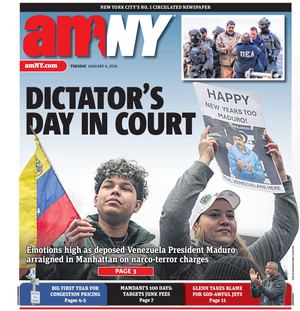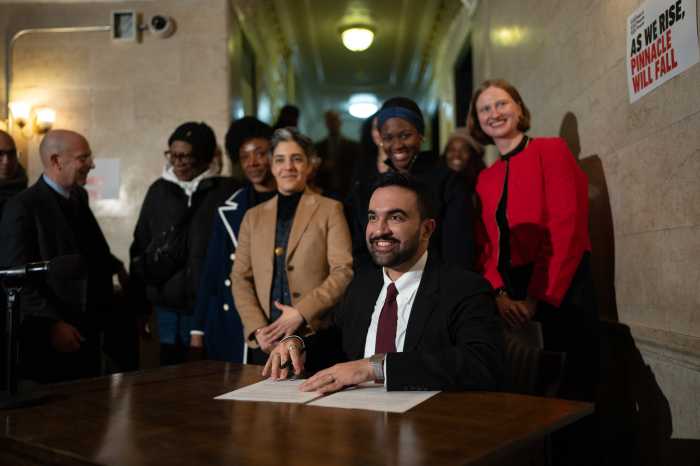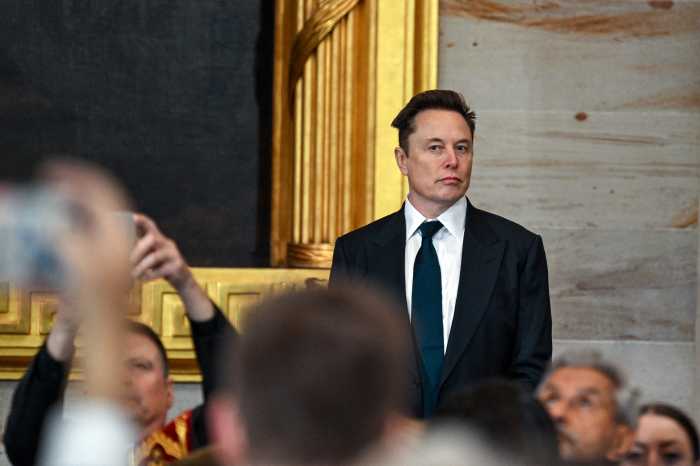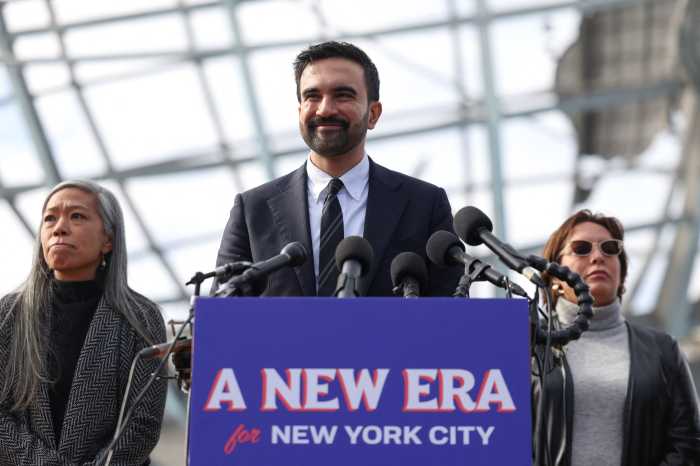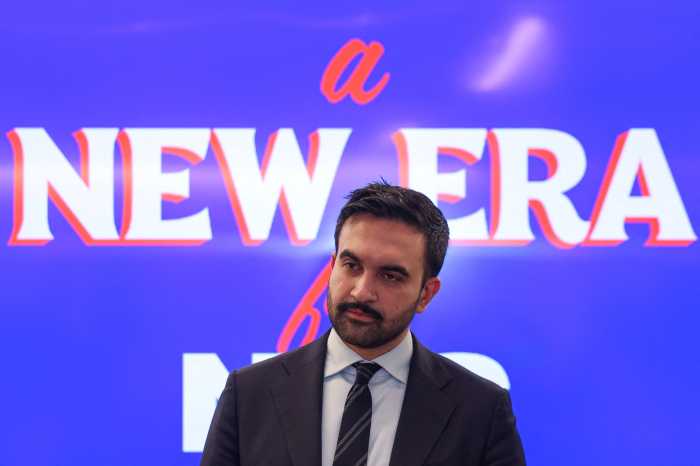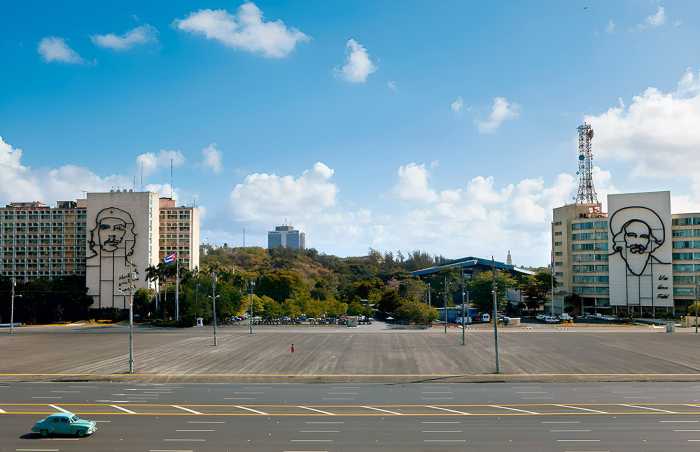Give credit to President Donald Trump for pulling out of negotiations with North Korean dictator Kim Jong Un. With no sensible deal apparently to be made, Trump walked.
Talks with North Korea have been fraught for every U.S. president. Kim’s familial predecessors have violated every agreement reached with the United States. Their words have been untrustworthy, their actions duplicitous and their penchant for secrecy pervasive. That raises the stakes for every subsequent negotiation. But Trump also must be held responsible for creating the conditions that made a deal on denuclearization unachievable.
That’s all the more reason to tread carefully. Trump rushed to put this second summit together, despite Kim’s regime saying in July that Secretary of State Mike Pompeo made “gangster-like” demands in preparatory meetings. The Trump administration has abandoned the long, tedious work of pre-negotiation by professional diplomats these complex matters require. He went to Vietnam thinking he could ignore China’s role in the region, and leave out vital allies like South Korea, in favor of a bilateral approach. And he came home empty-handed. Again.
By now, Trump must realize that this is not easy. Like winning tariff wars is not easy and providing affordable health care is not easy and getting Mexico to pay for a wall is not easy and achieving Middle East peace is not easy.
A U.S. president upstaged twice
Relying on personality to make deals might work in private business, but it’s not so effective when dealing with someone like Kim, who murders family members and his own citizens and has held his nation hostage to further his ambitions. But Trump says the two men “fell in love.” By traveling around the world to meet Kim twice and letting himself be upstaged both times, Trump has allowed Kim to normalize himself and become an international player. Kim already has won.
That was reinforced in Hanoi when Trump was asked about Otto Warmbier, an U.S. college student imprisoned by North Korea for allegedly trying to steal a propaganda poster; he was released in 2017 in a comatose state and died six days later. Trump excoriated Kim’s regime over Warmbier’s death on many occasions. But in Vietnam he said Kim “felt badly about it” and didn’t know anything about it. And, Trump added, “I will take him at his word,” an echo of his similarly disgraceful support of Russian President Vladimir Putin and Saudi Crown Prince Mohammed bin Salman, two other murderous despots.
A continuing blanket condemnation of Kim will inhibit any chance of progress in securing the Korean Peninsula. But moving away from that must be done deliberately and only to change Kim’s behavior and bring North Korea into the international community.
There is a model for what Trump is trying to achieve. The personal relationship between President Ronald Reagan and Soviet leader Mikhail Gorbachev was part of their successful effort to end the Cold War and sign an arms-control treaty. But that campaign included four summits over four years, many conversations and exchanges of letters, myriad meetings between their respective staffs and many cultural exchanges.
Letting history be one’s guide is no guarantee of success, but ignoring it is a recipe for more failure.
